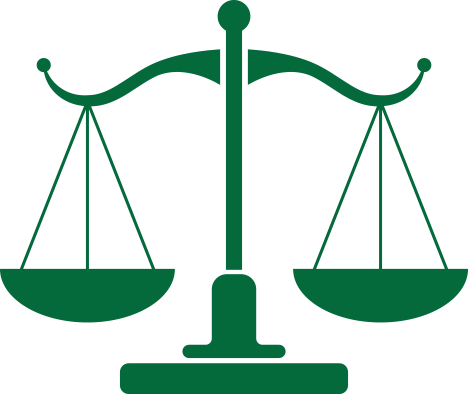Chapter 7 Bankruptcy
Chapter 7 is the most common type of bankruptcy. It can be filed by an individual, a corporation or other entity. Only an individual receives a discharge at the end of the bankruptcy. A Trustee, appointed by the bankruptcy court oversees the bankruptcy process. The Trustee will liquidate any non-exempt assets to pay the debts of the person or entity that filed bankruptcy. An individual can exempt certain assets and is allowed to keep those exempt assets after the bankruptcy to assist them with a fresh start. Exemptions in Florida include, but are not limited to a homestead exemption, certain personal property, $1,000 of equity in a motor vehicle, most retirement accounts, social security proceeds and pensions.
Most individuals must qualify to file Chapter 7 by passing the Means Test. The Means Test evaluates an individual's income to determine whether they may have the ability to pay back part of their debt through a repayment plan. If it is determined that an individual's income is too high to qualify for Chapter 7, it may be necessary to consolidate the debt through a Chapter 13 bankruptcy.


